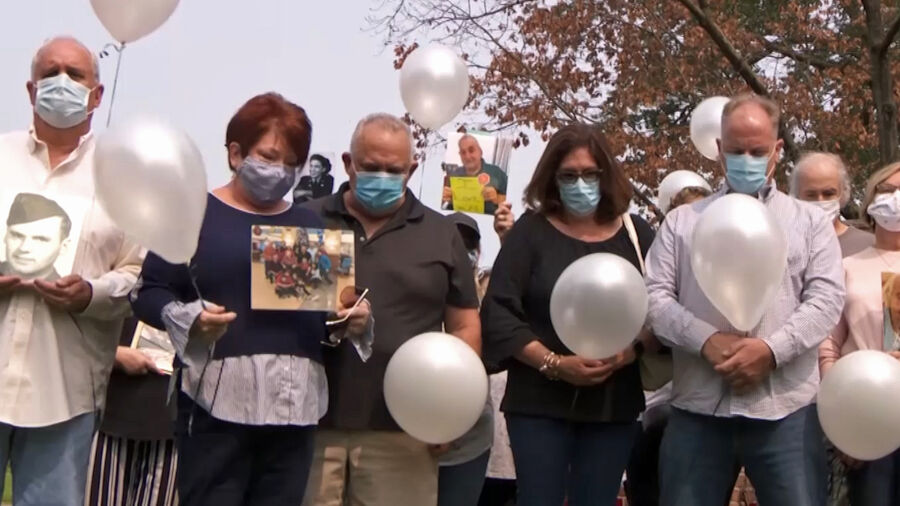Newsmatro

In a scathing report released by the U.S. Justice Department, two state-run nursing homes for military veterans in New Jersey have been severely criticized for providing inadequate care, leaving residents highly susceptible to infections and illness during the COVID-19 pandemic. These homes, located in Paramus and Menlo Park, had among the highest COVID death tolls nationally for nursing homes.
The 43-page report represents the first government investigation into the administration of New Jersey Governor Phil Murphy and how the pandemic was managed in these homes. It emerged after a three-year investigation revealed that more than 200 residents died during the pandemic due to outbreaks resulting from infection control issues. Despite the declaration of the end of the COVID emergency by U.S. agencies in May, the report underscores that poor conditions persist in these homes.
The report highlights a “systemic inability to implement clinical care policy, poor communication between management and staff, and a failure to ensure basic staff competency” that allowed the virus to spread unchecked in these facilities. It also notes that the current leadership has not adequately examined what went wrong in 2020 or learned from those failures to prevent future crises.
The veterans’ homes in New Jersey were not the only ones affected, as several states faced scrutiny for their handling of nursing homes during the pandemic. Investigations into veterans’ homes were opened in various states, including Massachusetts, Virginia, Texas, and Illinois.
The report found that the two New Jersey homes continue to offer “deficient basic medical care,” with failures in monitoring residents for condition changes, creating effective care plans, preventing falls, administering medications correctly, and treating pressure injuries and wounds adequately. These failures resulted in high death rates when the COVID omicron variant spread in late 2021 and early 2022.
Relatives of veterans who suffered in these homes expressed a mix of vindication and anger, as they welcomed the report acknowledging the poor treatment but expressed frustration that significant problems persist. Calls for improvements in facilities, including single rooms and better ventilation systems, have been reiterated.
In response to the report, Governor Murphy expressed his commitment to improving conditions for veterans and vowed to explore all options to deliver better care. However, the Justice Department revealed that the Department of Military and Veterans Affairs had impeded its investigation during visits to the homes, and staff members were discouraged from cooperating.
As with many nursing homes, the two veterans’ homes in New Jersey faced challenges at the beginning of the pandemic, with slow responses and inadequate protective measures. Staff members were initially instructed not to wear masks, as it was believed to frighten residents.
The Murphy administration had previously agreed to pay $53 million to families of 119 veterans who died in the homes, while employees have filed lawsuits claiming unnecessary risk.
The U.S. Department of Veterans Affairs (VA) has faced long-standing questions regarding its healthcare infrastructure and oversight. VA nursing homes came under scrutiny during the pandemic, with reports of inadequate testing, personal protective equipment, and infection control. Deaths in long-term care facilities, including VA facilities, accounted for a significant portion of COVID-19-related deaths during the early stages of the pandemic.
A Government Accountability Office (GAO) report highlighted opportunities to enhance VA oversight in nursing homes before the pandemic, and a 2021 GAO examination revealed thousands of cases and hundreds of deaths among residents of VA nursing homes during the pandemic’s first year.